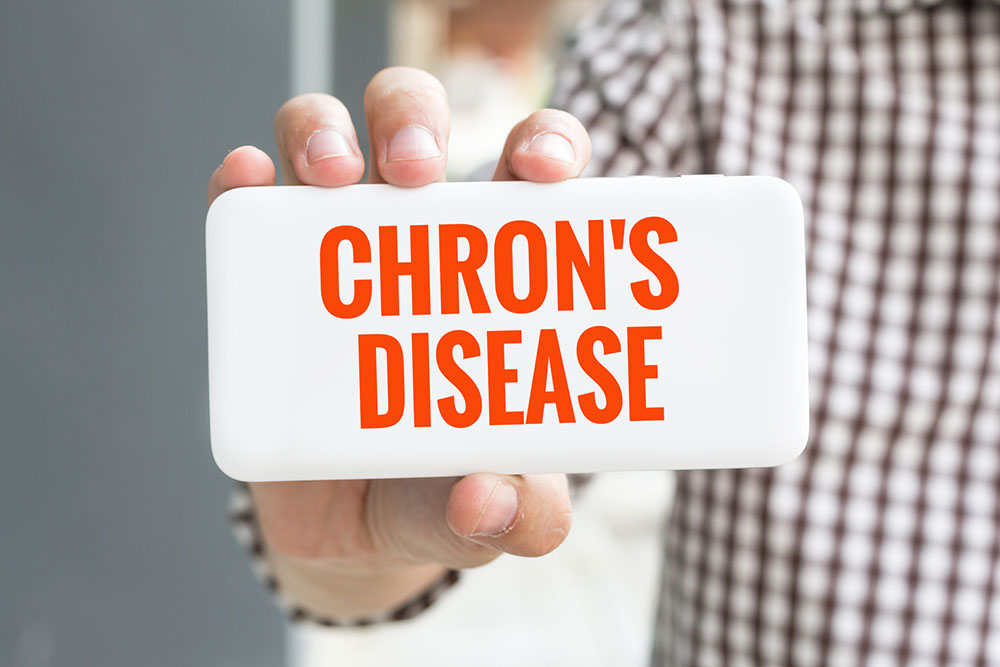Essential Insights into Crohn’s Disease You Must Know
This comprehensive overview of Crohn’s disease covers its causes, symptoms, types, potential complications, and treatment options. Understanding this chronic inflammatory condition can help patients manage symptoms effectively and seek timely medical care to prevent serious health issues.
Sponsored

Crohn’s disease is a chronic inflammatory condition that can affect any part of the gastrointestinal system, from mouth to anus. It causes patches of inflammation that may vary in severity, often occurring at the end of the small intestine and colon.
Some key points about Crohn’s disease include:
It primarily impacts the terminal ileum
The disease presents in segments or patches, with inflammation near the rectum and mouth, rather than throughout the entire GI tract.
It can penetrate the full thickness of the intestinal wall
Internet sources often confuse Crohn’s disease with irritable bowel syndrome (IBS), but they are distinct. Crohn’s involves inflammation, while IBS affects bowel muscles.
Causes of Crohn’s are not fully understood, but research suggests genetics, environmental factors, and an overactive immune response play roles. Contrary to common belief, diet is not a direct cause. Disease severity varies among individuals and depends on the affected GI area.
Symptoms are diverse, making diagnosis challenging. Common signs include rectal bleeding, unexplained weight loss, fever, recurrent diarrhea, and abdominal pain with appetite loss. Crohn’s is classified into five types based on the affected areas:
Ileocolitis: Affects the ileum and colon, causing diarrhea, right lower abdominal pain, and weight loss.
Ileitis: Limited to the small intestine, with similar symptoms to ileocolitis.
Gastroduodenal Crohn’s: Involves the stomach and duodenum, leading to nausea, vomiting, loss of appetite, and weight loss.
Jejunoileitis: Involves inflammation in the jejunum, with meal-related cramps and diarrhea.
Crohn’s colitis: Affects the colon, causing ulcers, fistulas, abscesses, diarrhea, and rectal bleeding.
Potential complications include scar tissue formation, anal fissures, abscesses, and fistulas. Surgery may be necessary to remove damaged parts, drain abscesses, or repair fistulas. Chronic inflammation can increase colon cancer risk and cause nutrient deficiencies like vitamin B-12 malabsorption. Long-term Crohn’s can also lead to anemia, osteoporosis, especially in women, and bone loss worsened by corticosteroids.
Diagnosis involves symptom assessment, lab tests for inflammation indicators, nutrient levels, and imaging like X-rays, CT scans, colonoscopy, and capsule endoscopy to determine disease extent and severity. Treatment typically includes antibiotics, anti-inflammatory medications, biologics, and immune system support. Maintaining a healthy lifestyle and proper nutrition is vital for managing Crohn’s disease. If symptoms persist, medical consultation is essential to prevent complications.






